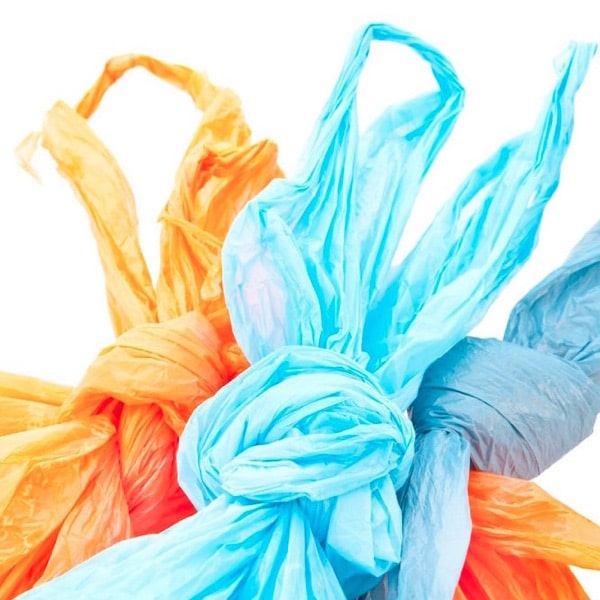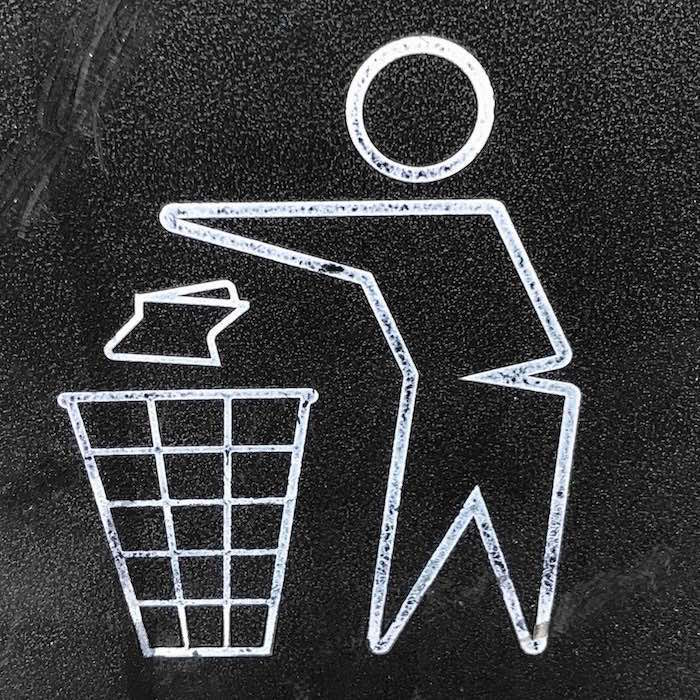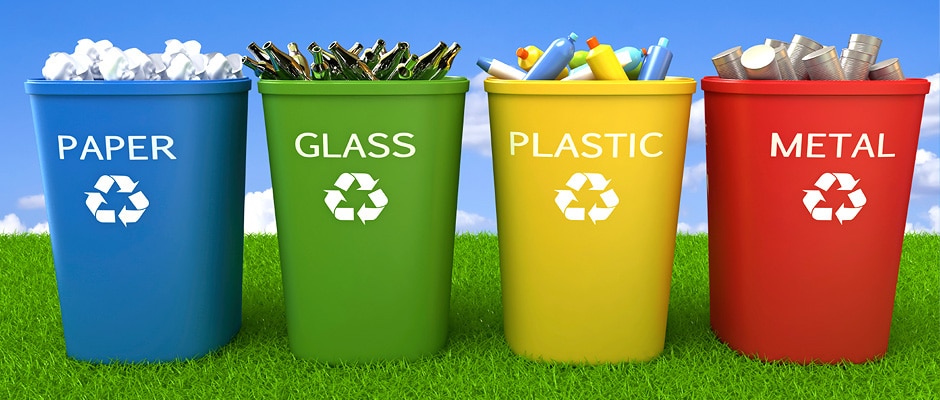Author
DR Ray Noble I UK
Medical Ethicist, Formerly Deputy Dean of Life Sciences and Graduate Tutor in the Institute for Women’s Health at University College London.
Last week the bin men left a note on my recycling bin. It contained a long list of plastic items that could not be recycled. They had found an offending item in my bin. Being a conscientious recycler, I was stung by my apparent transgression. I was indeed guilty as charged. But am I wholly responsible?
Having reduced the use of plastic bags, we are still filling our shopping with plastic. Next time you go to your supermarket take a look at how much is wrapped in non-recyclable plastic.

…reduce the use of plastic bags
Yesterday when shopping I decided to count the number of items wrapped in non-recyclable plastic – apples, onions, carrots, potatoes, plums, red peppers, bananas, courgettes….on and on. Almost every item I picked up was wrapped in non-recyclable plastic. Some items had no information at all, or at least no information readily understood. This is from a leading supermarket claiming to have a strategy for reducing the environmental impact of packaging.
We produce too much plastic waste, and there is a problem in dealing with it.
England has more than 300 different recycling systems. Some councils still collect waste co-mingled. Some authorities separate food waste, but about another 260 do not. Recycling plastic differs across the country. This is why plastic packaging is often labelled ‘check kerbside’.

There are different sizes and colours of bin, different types of truck, different types of recycling system and different types of anaerobic digesters consuming waste. Waste recycling is a post-code lottery.
The harmful effects of waste are a national problem. Arguably, It requires a national solution. Cash-starved local authorities struggle to meet needs. Even a government environment minister has called this situation ‘absurd’.
It is estimated that in London alone £19 million a year could be saved with a standard recycling system. The savings across the country could be immense.
We spend more than £3 billion a year simply collecting waste.
A single, harmonised system across the country could drive up recycling rates.
WRAP recycling scheme data1 suggests that 97% of English households are served by a recycling collection for plastic bottles. However, the proportion of households served by mixed plastic collections (i.e. including non‐bottle rigid plastic packaging, such as pots, tubs and trays) is significantly lower, at just 57%.
Plastic film collections do not exist on any notable scale.
The absence of collections of non‐bottle plastics is a significant factor in the low recycling rate for this material.
Just 15% of household plastic is recycle. Tonnes of the stuff ends up in landfill. There is no point blaming the consumer if the plastic used by produces is non-recyclable.
Councils were unable to recycle 338,000 tonnes of waste in 2014-15 because of contamination – up from about 184,000 tonnes in 2011-12.
The cost to local authorities of re-sorting so-called contaminated recycle bins is said to be the primary reason the vast majority of the waste is being rejected.
Councils say they are working to stop people putting the wrong items in bins. Indeed they are, but our waste strategy is a shambles.
References
1 Information source: wrap.org.uk



